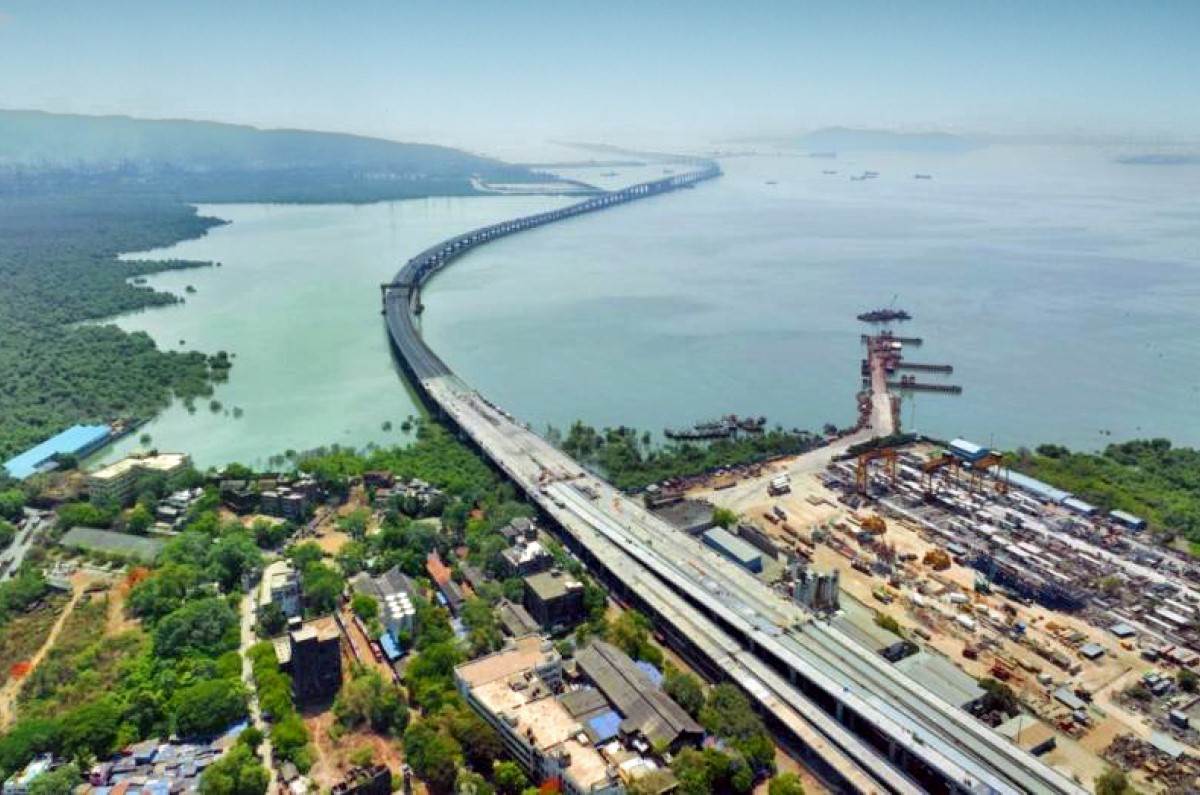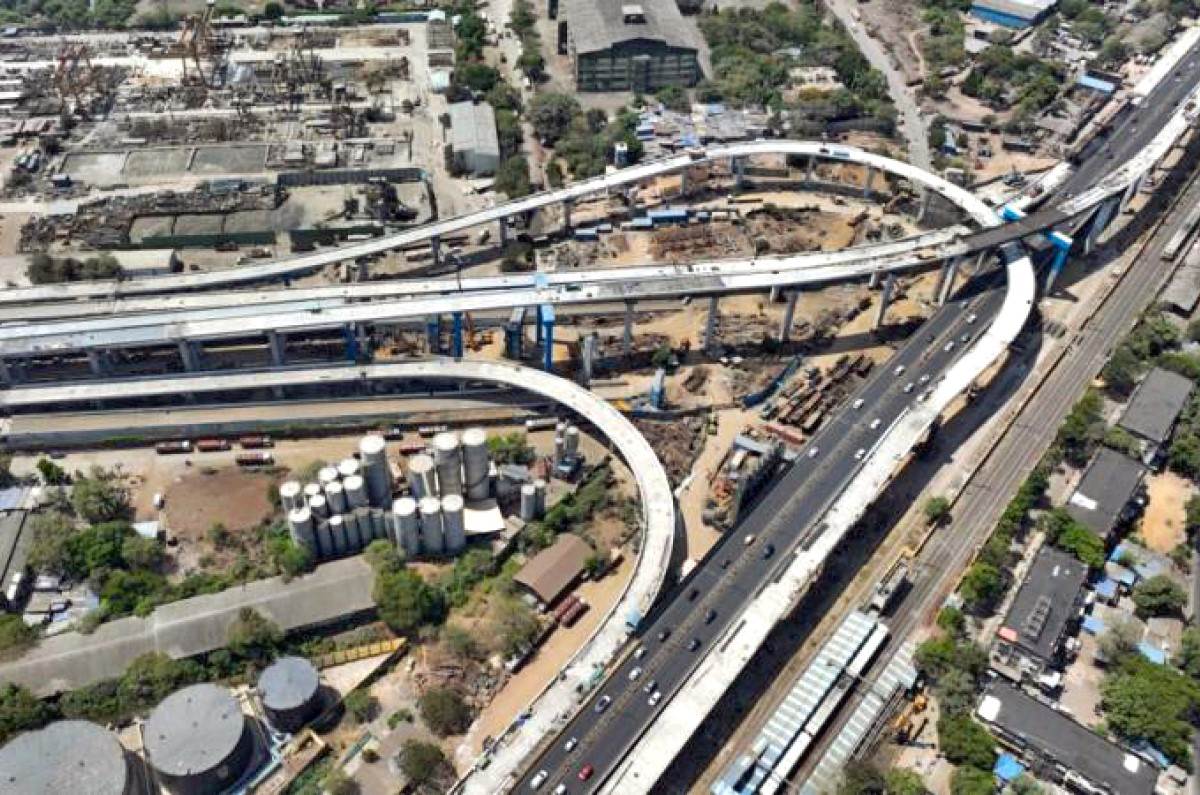After a long wait, the MTHL will be thrown open to the public from December 25, 2023.
Published On Nov 17, 2023 06:06:00 PM
Anyone who travels from South and Central Mumbai to Navi Mumbai should be rejoicing from December 25, 2023 as the Mumbai Trans Harbour Link (MTHL) road opens to the public. This important and rather impressive feat of engineering should prove a boon to road users in the Island City and some of its suburbs. We’ve compiled some pertinent and fun facts about the MTHL to gauge just how beneficial it will be.
How long is it?
The total length of the Mumbai Trans Harbour Link is 21.8km, and 16.5km of that goes over the Thane Creek, making it India’s longest sea bridge. To put that into perspective, the Bandra-Worli Sea Link spans just 5.6km, stretching over Mahim Bay.
There will be around 5.5km of highways on land, which will include interchanges to facilitate connections to the Eastern Freeway in Sewri, Mumbai and Chirle in Navi Mumbai. While most of the MTHL is made of concrete, there is a 4.7km steel span in the middle to allow for ships to pass underneath.

The MTHL will have six lanes – three east-bound and three west-bound – along with an emergency lane on both sides.
How fast can you go?
Commuters will be able to traverse the 21.8km length quite quickly as the MMRDA has assigned a speed limit of 100kph on the highway. In addition, the usual bunch up at toll plazas should be mitigated somewhat by an Open Road Tolling (ORT) system. Keep about Rs 200 available on your FASTag, as the toll amount for a private car should be in that region. The MMRDA has stated that tolls would be collected until 2045.

An India-first
For the first time in India, Orthotropic Steel Decks (OSDs) – seven of them – have been used to build a bridge. An OSD is a fabricated deck that consists of a structural steel deck plate stiffened either longitudinally or transversely, or in both directions, which increases load carrying capacities. The spans of the decks range between 90m and 180m.
Safety and security
There are a number of factors that contrinute to safety, and not just for vehicles on the road. One is that the Rs 17,843 crore project will have sound barriers, mufflers and ecologically sensitive lighting for large sections to protect the movement of flamingos and migratory birds. In addition, there will also be vision barriers – as some parts of the MTHL will go past the sensitive area of BARC – along with Intelligent Transport Systems (ITS) such as the 130 speed cameras, CCTV cameras, variable message signs (VMS), and more.

Beyond Transport
A 5.6km-long temporary access bridge had been built to transport equipment and workers for construction, but instead of wasting money demolishing it, the MMRDA announced that it would convert the road into a bird-watching platform.
Also see:
Mumbai Coastal Road drive in a Tata Nexon EV – video
Copyright (c) Autocar India. All rights reserved.

